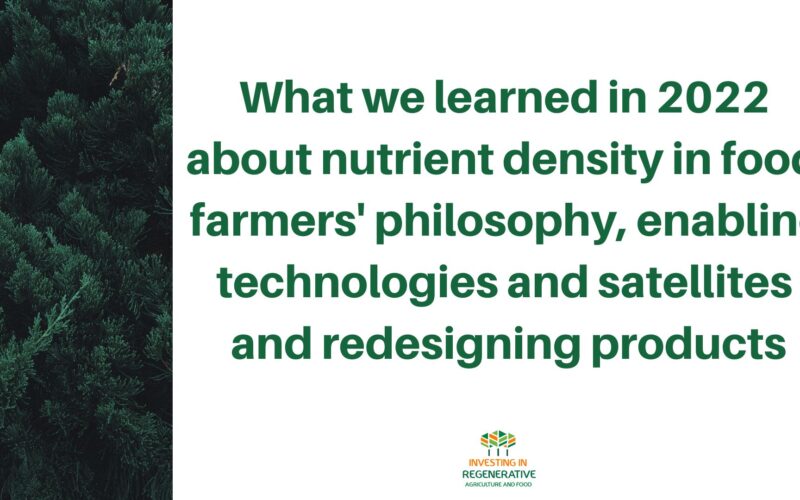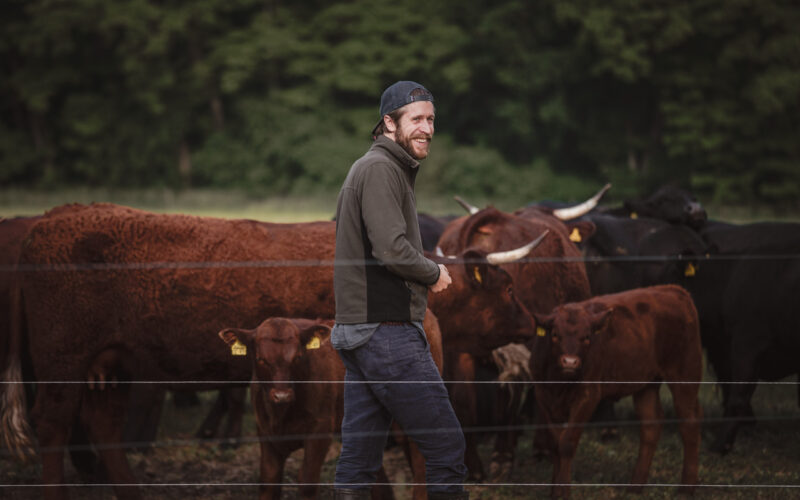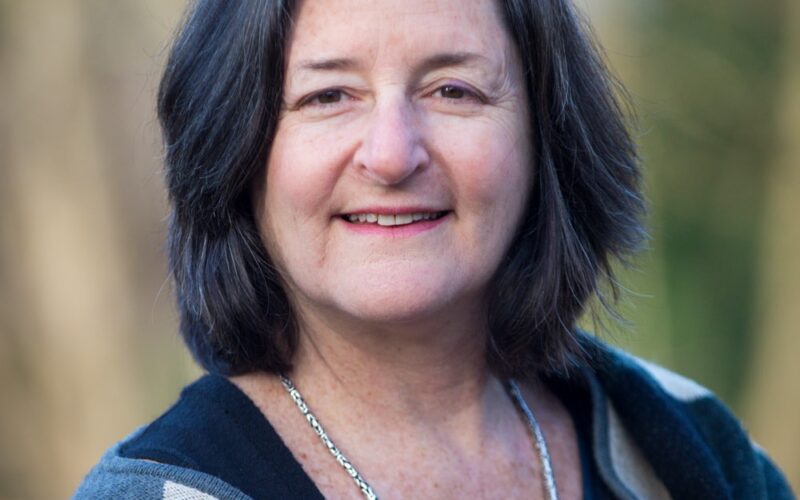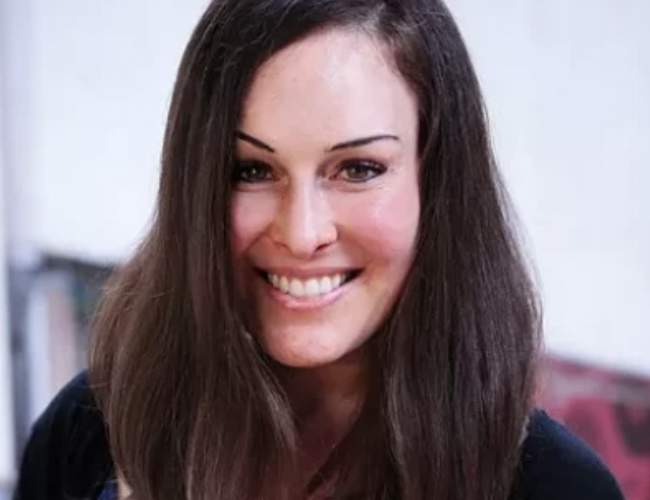Martin Reiter – Why regen hasn’t produced Steve Jobs yet and how to build a modern Nestlé
A conversation with Martin Reiter, former senior manager at Airbnb and Wayfair, and prior to this at McKinsey and Groupon, about what excites him about regeneration, where are the Steve Jobs and Elon Musk of regenerative agriculture going to build companies, and how can we help more talent flow into the space?









